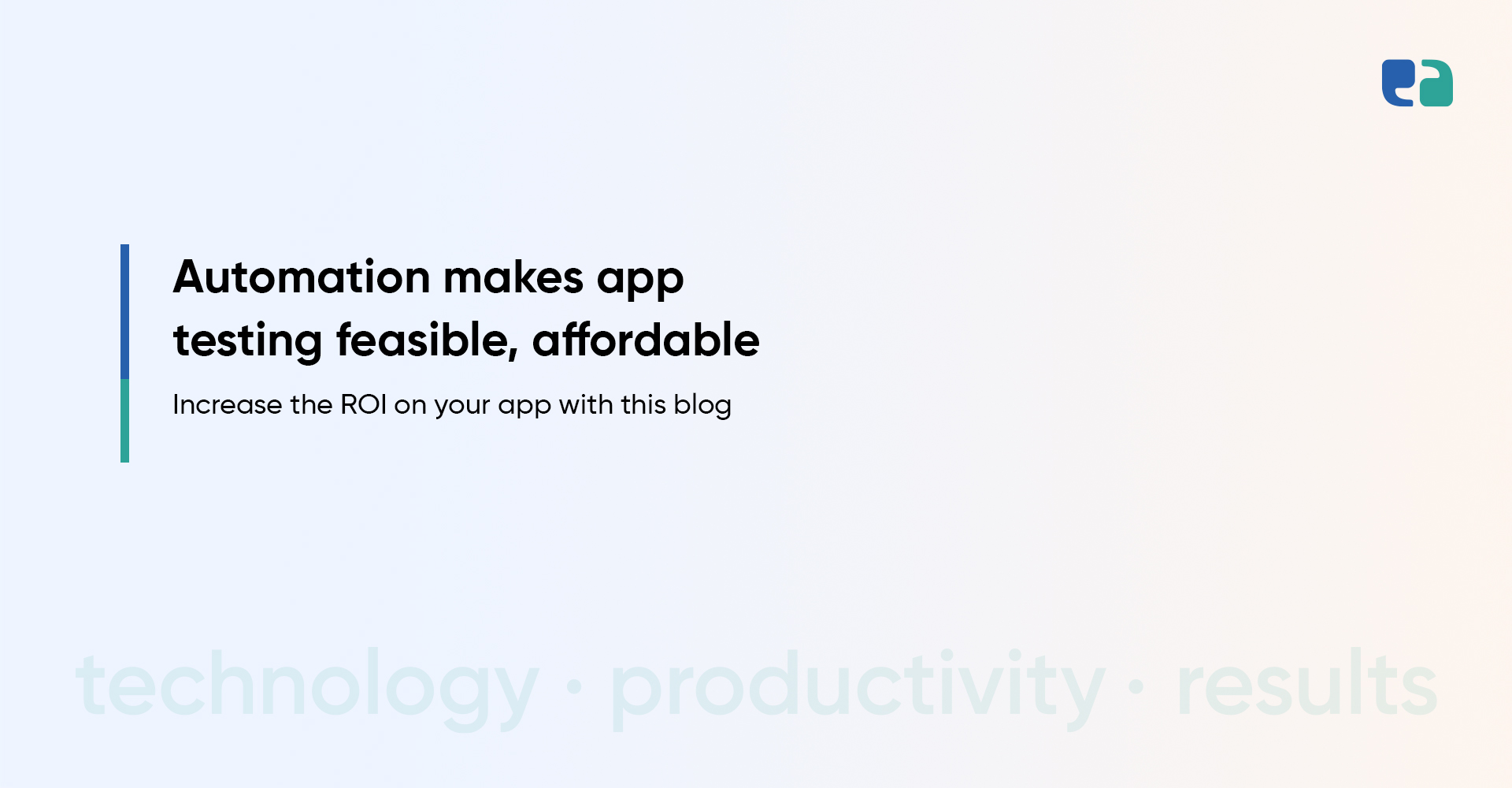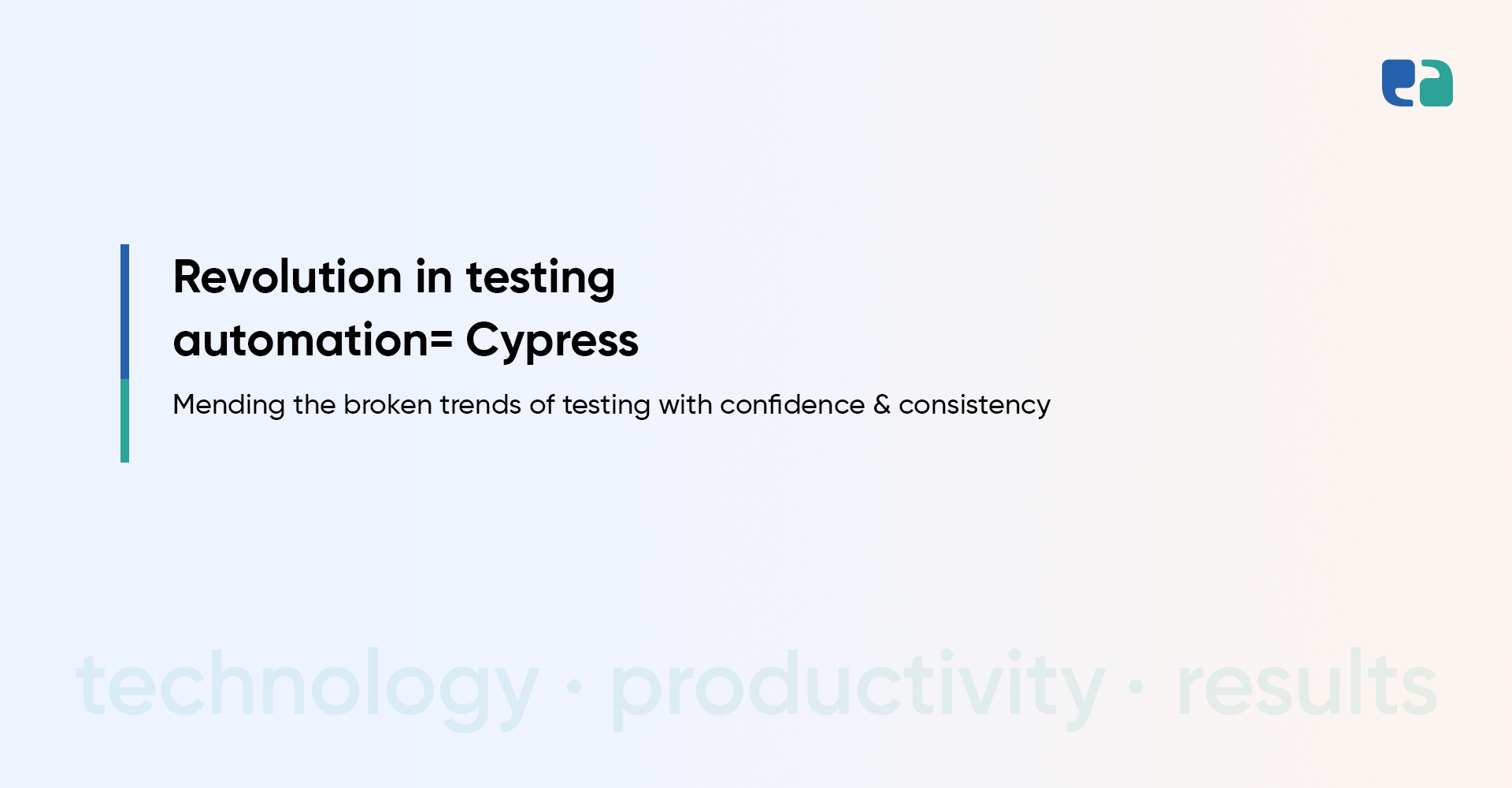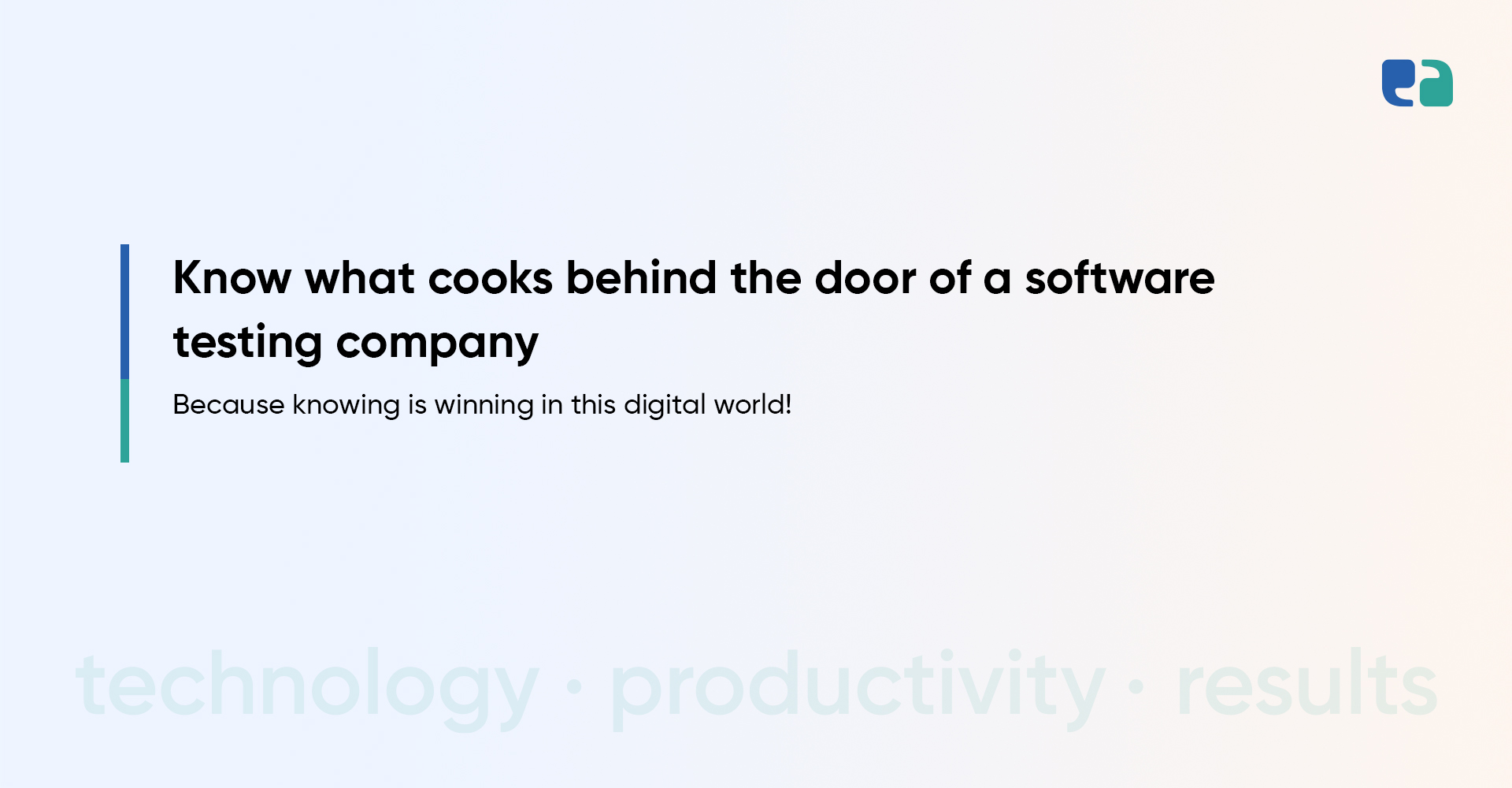Quick Summary- Developing an app might not cost you much, but the quality of app usability comes with a price because that’s who you make the app for – users. Right? As we understand, nobody wants to have an app rating less than 4 stars, avoiding the user’s wrath if they find your app incompatible to use. To avoid such situations, you pay a QA tester to make sure the mobile app is up and running. But today we explore the horizons of the mobile app testing cost, and how to reduce it?
Let’s get talking right away!
Yes, there is a testing/QA step, however all stages of app development include some type of testing. As a result, the overall app testing expenses might vary based on how they are estimated.
With more than 2.9 million apps on Google Play Store and 1.96 million apps on Apple’s App Store, the competition is on rise and with every other sector moving into digital space, the competition to survive keeps on increasing.
Thus, in order to survive, you need to use testing as your ultimate tool for success as it helps you deliver quality which gives you an advantage over other competitors.
How much does mobile app testing cost?
Climbing on to the exact numbers and estimates. According to Clutch’s survey, the total cost ranges from $5,000 to $25,000 or more. 63 percent of project owners reported app testing expenditures ranging between $5,000 and $10,000.
However, you should be aware that concealed testing that occurs before and after the formal QA phase may incur additional costs.
This all depends on, on what grounds do your app needs validation of quality that includes performance, functionality, localization (demographics), security, compatibility, and usability.
But yet again, we have often come across someone who questions – we have run Unit Testing, then why do we need a QA for our mobile app testing?
Remember Unit testing is performed by developers.
Other than that the mobile app testing cost will be accurate up to 85-96 % if you address these questions in the following sequence:
How to reduce mobile app testing cost? Opting the best alternative to increase the ROI on your app testing
The two ways you can run testing for your mobile app are Manual testing and Automated testing.
To be honest, both of them do admirably under the circumstances. Manual testing is preferred by many firms, however it is not the ideal strategy.
What if you have time constraints, as manual testing necessitates repeatedly inputting the same information, increasing your product delivery costs.
When doing repeated tests in Agile projects, automated testing is the ideal option.
At the same time, shifting to automation testing can do wonders by reducing your development cost, and reducing per program cost. Which in turn embraces the factor of Return on Investment (ROI).
Let me give you an example- With automated testing that runs throughout the development cycle, your mobile app has a cost to fix ratio.
Now say you have launched your app with manual testing. You may need to run one process multiple times manually which will eventually add in more and more labor hours for your app.
Using automation does not require you to change the testing environment everytime you conduct a test, which increases test efficiency, test coverage, and lessens market time.
Whilst, with automation, there are less number of people involved, that means you have to pay less people, as a result more saving for your business.
Some added benefits of automation in reducing the mobile app testing cost
With our experience in developing focused IT solutions, all we have to say is the proper assessment of an application is an ongoing process from the day it ideates in your mind.
And with a decade long of experience, and expertise we can help save you thousands of dollars which you were initially going to spend on the testing of your mobile app.
We have given you the numbers, and all the advantages you can concur with automation testing. In case you need more information on QA just click away.
Now all you have to do is get in touch with us to get your mobile app tested, as we also provide custom made packages for running QA.



